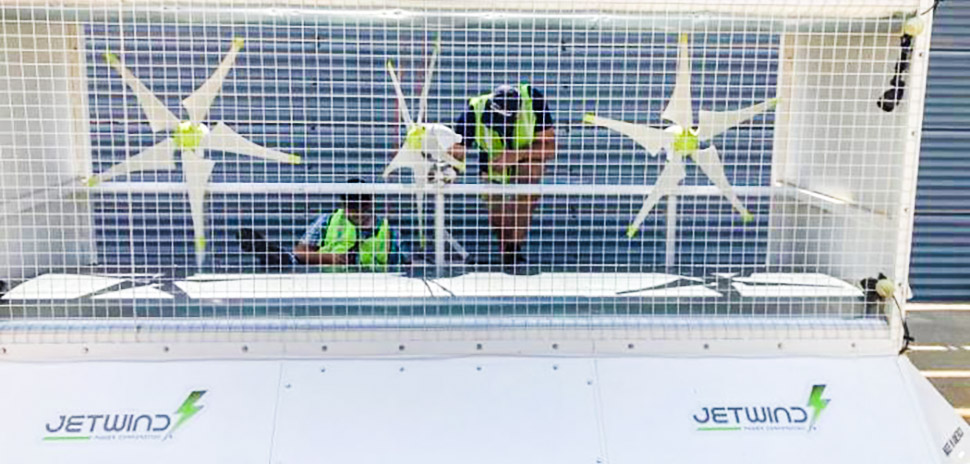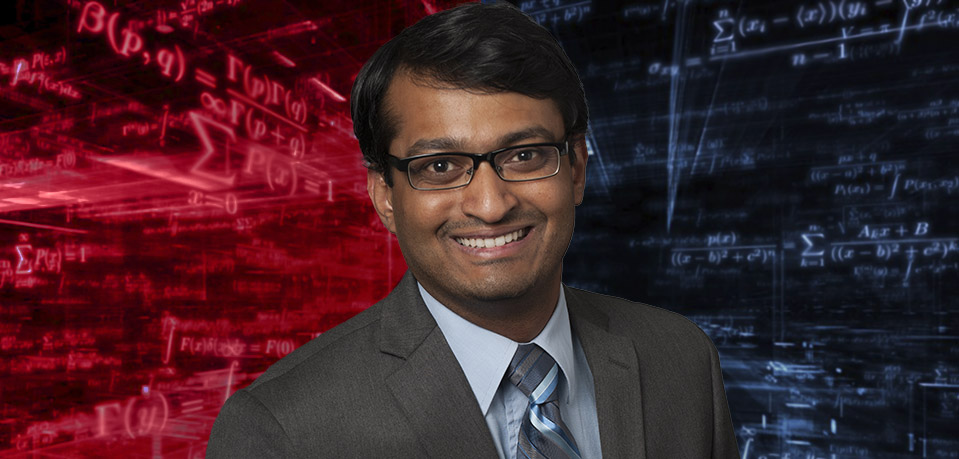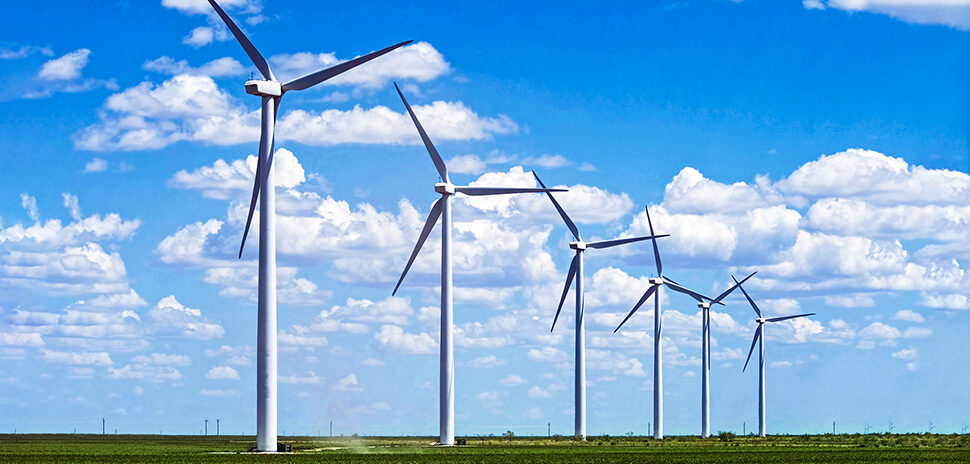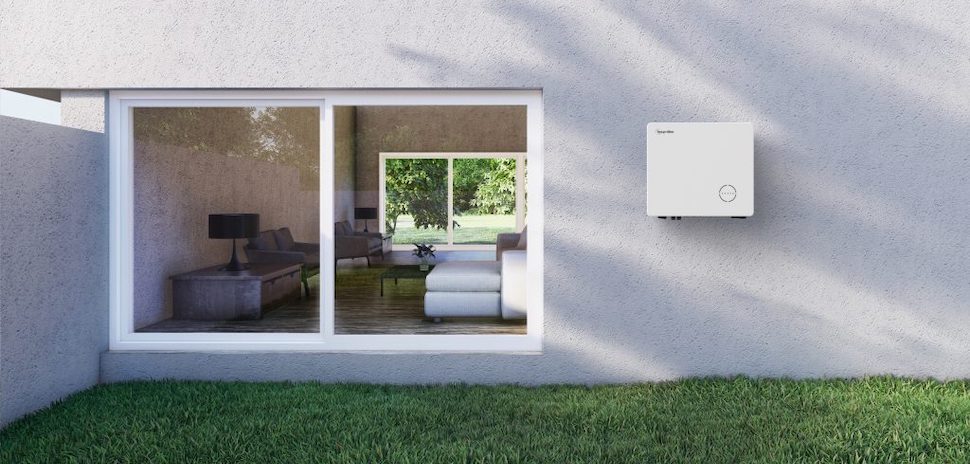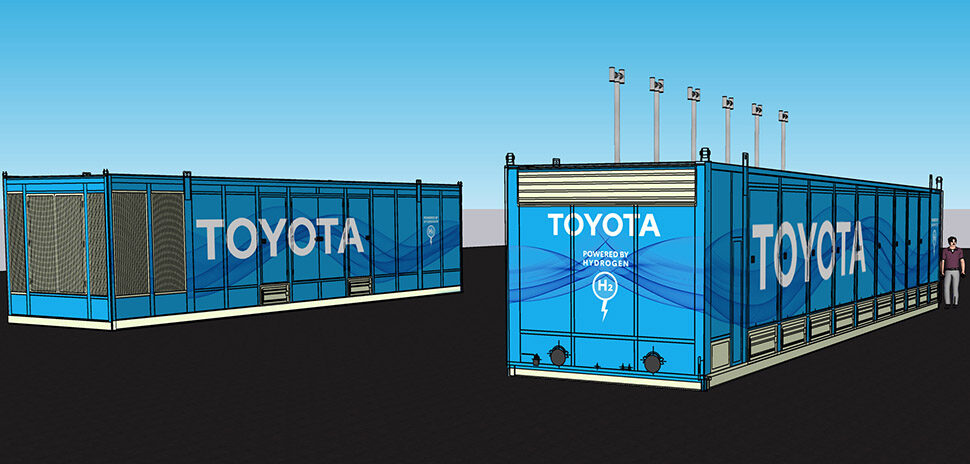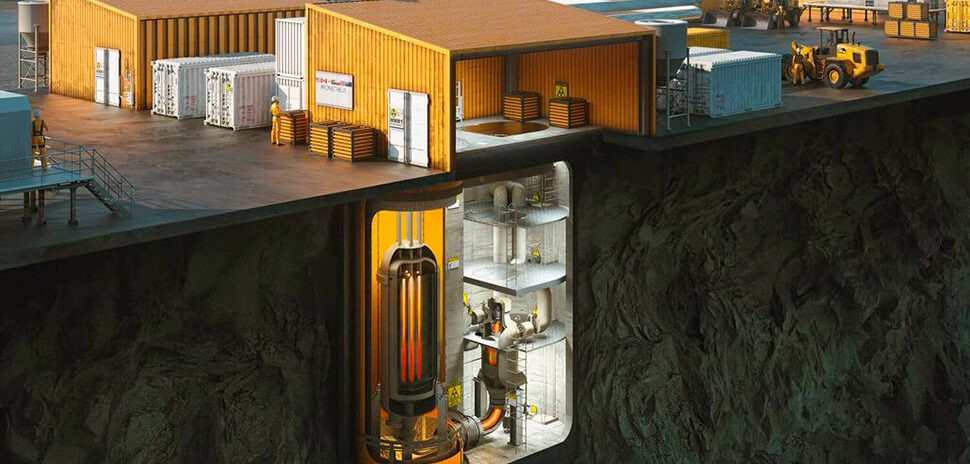Texas leads the U.S. in wind power, with, 18,586 of America’s 72,731 wind turbines spinning around in the Lone Star State, according to the Lawrence Berkeley National Laboratory. But one source of wind has gone untapped until now—the wind blast generated by jets taking off from airports.
According to Boeing, the exhaust wake from modern jet engines can reach 375 miles per hour just behind the engine exhaust nozzle. And even 150 feet behind the engines, wind blasts can reach up to 200 miles per hour.
That high-speed blast can make a wind turbine spin like crazy, generating power that can be tapped for clean energy. Which is exactly the mission of Dallas-based JetWind Power Corporation.
JetWind Power is now partnering with Dallas’ Love Field to test trial its Energy Capturing Pod system, which captures and converts wind generated from an aircraft into clean and sustainable energy.
The pod system at Love Field has been deployed next to the control tower, opposite Gate 9. Two key factors being tested are the amount of energy that can be captured by the system and the durability of the turbines against the wind blast delivered from an aircraft, the airport said.
Currently, Love Field is the only airport in the U.S.—and possibly the world— testing the success of the technology, the airport noted.
Founded by former team physician of the Dallas Mavericks
Headquartered at the 20-story Premier Place building just east of SMU, JetWind Power was founded by someone with a surprising background: Dr. Tarek O. Souryal, an orthopedic surgeon. A former longtime team physician with the Dallas Mavericks, Souryal is CEO of the startup he founded.
Souryal introduced JetWind’s revolutionary concept at an Airports Going Green conference in Dallas in November 2017.
“This sustainable technology will transform the transportation and energy industries, not just aviation, and it’s been a pleasure working with Dallas Love Field’s forward-thinking team throughout this process,” Souryal said in a statement. “I’m excited to see what started as a simple concept on an airfield, develop into a renewable energy game changer for businesses and end users.”
Aiming to generate wind power from high-speed trains, aircraft carriers, and more

Rendering of a potential JetWind Power Energy Capturing Pod system on an aircraft carrier. [Video still: JetWind Power Corp.]
JetWind Power’s website shows other use cases for its Energy Capturing Pod system, including placements along high-speed train tracks, on military bases, and even on the decks of aircraft carriers.
Hoping for ‘exponential’ impact on the aviation industry
Patrick Carreno, interim director of aviation at Love Field, says the airport hopes the partnership “will positively impact the aviation industry exponentially.”
“It’s gratifying to see Dallas Love Field leading the aviation sector’s charge to decarbonize travel through our collaboration with JetWind Power Corporation,” Carreno added in a statement.
Love Field said the results of the pilot program to date “have proven that the model successfully captures large wind gusts and converts them into sustainable energy.” The airport’s environmental team is currently exploring ways to utilize the energy captured from the system to benefit the airport’s operations and passengers.
“By adopting sustainable practices like this, the airport makes strides towards achieving goals set forth by management to improve operational efficiency, protect the environment, enhance the airport passenger experience, support employees, and stimulate economic growth,” the airport said in a statement. “Minimizing the aviation industry’s environmental footprint protects valuable natural resources and makes great business sense for all parties.”
![]()
Get on the list.
Dallas Innovates, every day.
Sign up to keep your eye on what’s new and next in Dallas-Fort Worth, every day.










